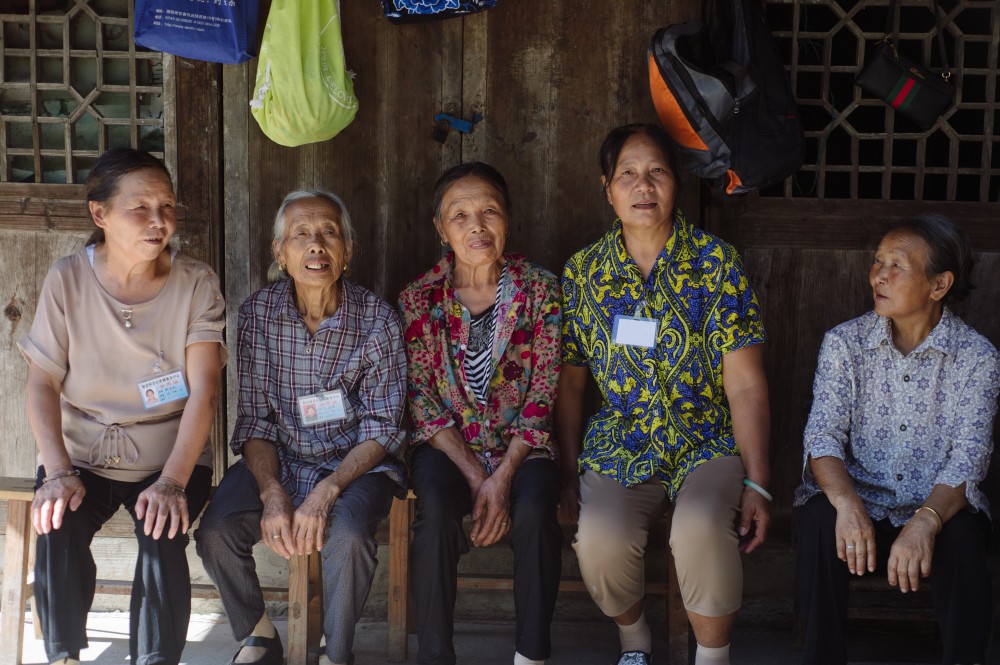

With the surging trend of outgoing workers, ‘empty nesters’ has become a viable social problem. In addition of the limited resources, it is hard for the government to establish a comprehensive assurance for elderly in poor countryside areas. Nevertheless, the demand for this kind of service is becoming an urgent issue, a revolutionary social service pattern seems to be essential.
IRD has set up a daytime elderly service center in Baojing Province as to provide nutrition meal service and other housekeeping services. We mostly recruit and train local females as our helpers. Furthermore, our center has been cooperating with local health center to establish villager’s health profile, provide regular body check, operation referral, medical treatment accompaniment, mental health therapy and etc. Meanwhile, we offer a gathering zone for the use villager’s leisure activity, public health and health-related talk.
IRD set up its very first service point in Rujing Village, Maogou Town, Baoijng County in Xiangxi Province in August 2015. We built a day-time community center for elderly and an elderly-caring community service center. We further recruited and trained local female as caregivers to help provide healthy diets and other housework services to elderlies. On top of that, the service center also worked with the local medical center to open health files for villagers, and provide services such as regular body-check, medical referrals, accompany consultations, mental supports, etc. Meanwhile, it also serves as a place for gathering, facilitating the organisation of community activities, public hygiene and health related talks, etc., to promote their sense of security and happiness and medical and education rights.
The center has recruited 64 members since commencement in August 2015. It is dedicated to provide quality service to elderlies in the village. Not only do the villagers understand more about physical and mental health, enhancing their prevention capacity and nutrition level; it further gathered the groups in need for easier management. Through mutual encouragement, it can help to tackle the problems of rural elderlies. Our works in the previous year have been recognised by different elderly organisations. We are honoured to be introduced in the province-wide organisational publication. Making good use of the professional knowledge, experience and resources about elderly-care in Hong Kong, IRD would continue to provide quality service. We hope that we could expand our service area to other poor areas and rise the community service quality in the rural.